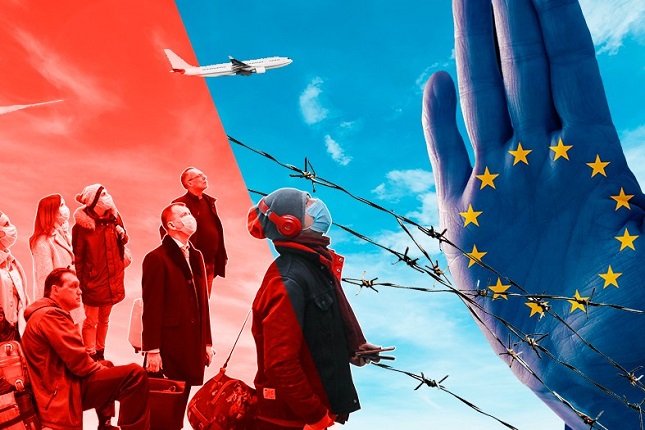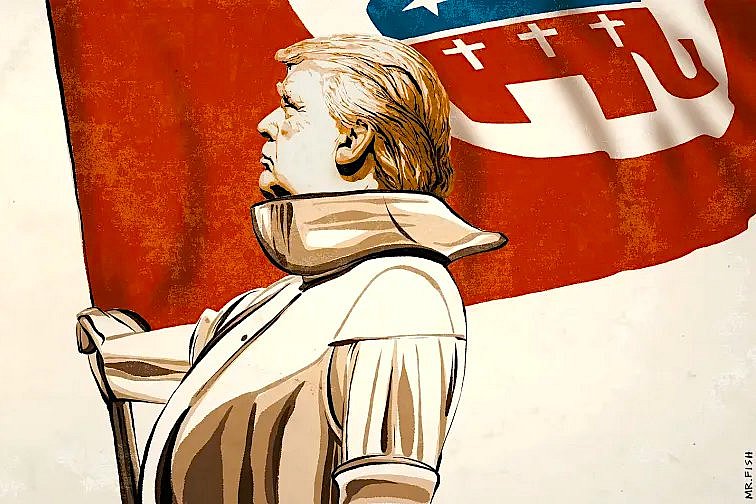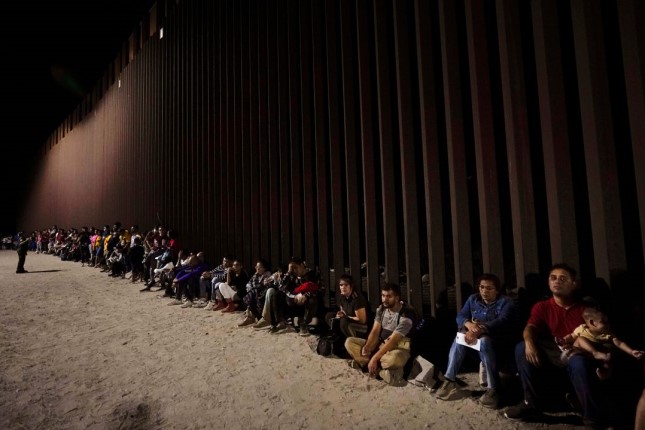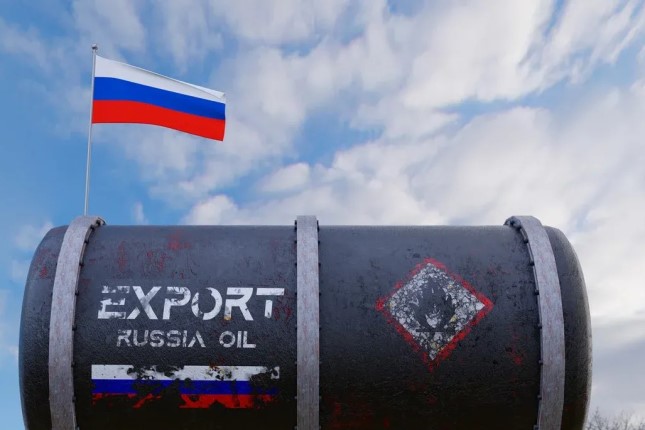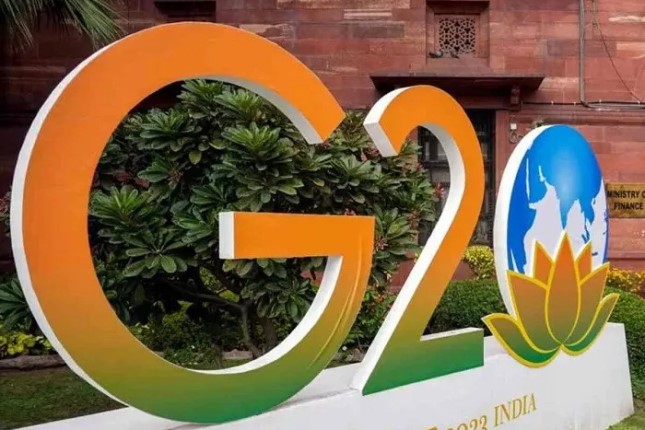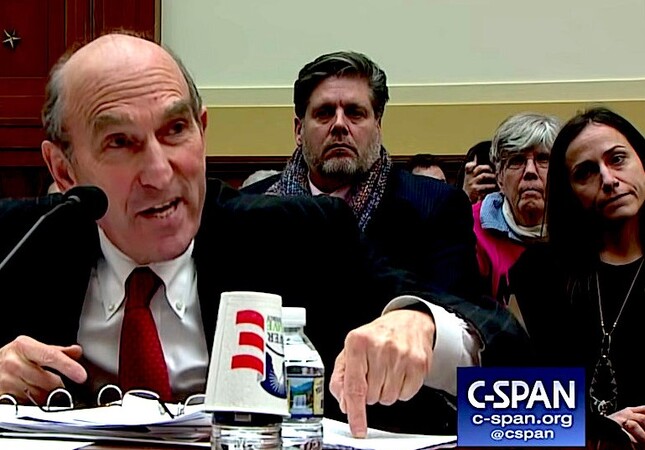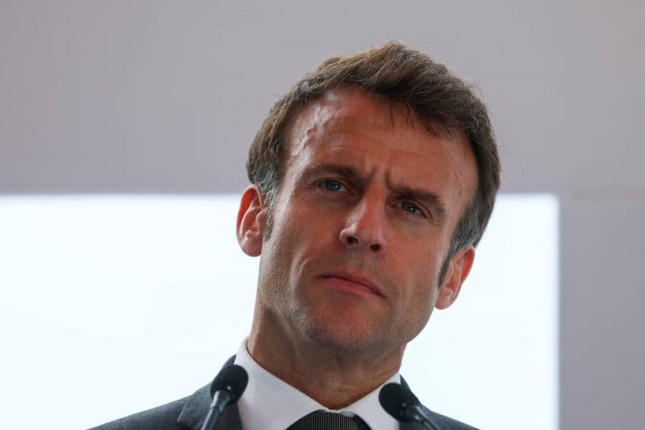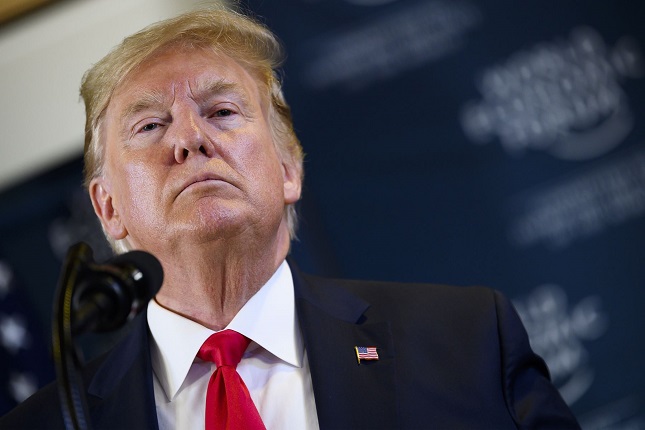During the Soviet Era, for Soviet people travelling abroad was an unbelievable privilege, which few could enjoy. A special Party Committee made decisions on each potential traveller. Europe was the ultimate dream for the Soviets, and the US even beyond that. The so-called exit visa could, of course, be refused as a sort of penalty. This is what the Iron Curtain looked like to ordinary Soviet citizens.
So it was no surprise that people from the former Soviet Communist Party and Komsomol nomenklatura, who took over leadership in Eastern Europe and the Baltics, have come up with the idea of punishing Russians by restricting their entry into the EU.
When Ukrainian President Volodymyr Zelensky proposed denying Schengen visas to Russians and sending those who now live, work, or study in Europe back to Russia, the post-Soviet republics spoke loudest in favour. For example, according to Estonian Prime Minister Kaja Kallas, travelling to the European Union is a privilege. This is pure party nomenclature logic. In any case, what else would one expect from the daughter of a major Soviet politician?
And, of course, it comes as no surprise that countries with leaders, more civilised and less suffering from an inferiority complex, did not support the idea of banning visas for Russians and expelling European residents. For example, in Prague, Luxembourg's Foreign Affairs Minister said the EU could not afford to lower a new iron curtain. The foreign ministers of Germany, France, Austria, and Hungary, among others, made statements to a similar effect.
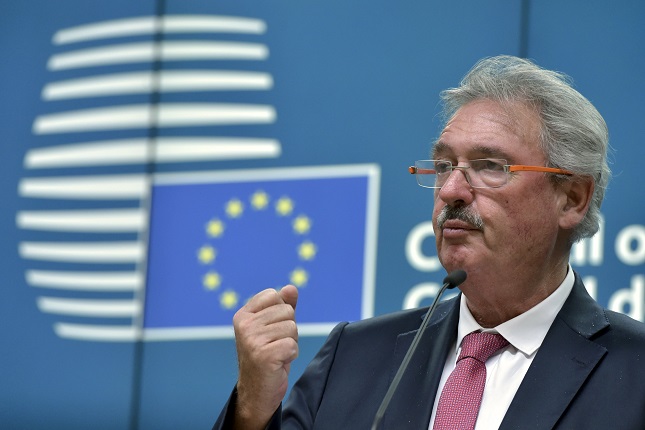
The representative of Luxembourg made the argument that ordinary citizens should not be punished for crimes against leaders. Photo: Reuters
However, they could not help but give in to the visa hawks from the Baltics. The leading European diplomats agreed to suspend the simplified visa regime with Russia, which was negotiated between Moscow and Brussels in 2007. Russian citizens would have to go through the standard procedures to obtain visas, with reduced consular services and extended processing time.
So far, not all European institutions have endorsed the decision, while Russian travel agencies warn that it could take up to six months to get a Schengen visa. In addition, the EU is waiting for recommendations from the European Commission on what to do with the long-stay visas that have been issued to Russian citizens.
Moreover, head of European Union foreign policy Josep Borrell noted that obtaining a Schengen visa would not mean that a Russian citizen would be able to enter any EU country. According to him, this is only a prerequisite. The final decision will be made at the border.
Poland, Finland, the Baltic states, and the Czech Republic are not going to beat about the bush and will simply restrict entry to their territories. The EU laws enable each country to decide on crossing its borders at the national level.
It is obvious now that Russian citizens will not be welcome in Poland or Estonia. These countries require Russian citizens wishing to cross the border to answer the questions about Crimea and the special operation. Therefore, an entire group of countries in Europe oppress people by their nationality and introduce principles of collective responsibility.
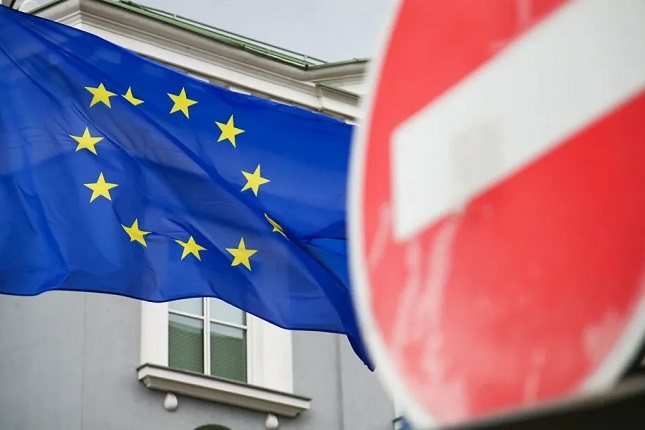
The building of the representative office of applications in Russia on Kadashevskaya embankment. Photo: the Moscow agency.
It is vague how this can align with a civilised view of democracy and human rights. It turns out that, to some extent, fundamental social laws are treated more carefully in countries with dictatorial regimes. For many years, Brussels has been talking about a united Europe stretching from Lisbon to Vladivostok, and soon it is building a Western Curtain. For instance, Belarusian President Alexander Lukashenko did the opposite and abolished visas for citizens of neighbouring EU countries, including Poland.
The EU is willing to do something to punish Russia and the Russians, whose image could hardly be worse. The sanctions have delivered no substantial and, most importantly, quick effect, and moreover, to some extent, these measures backfired, hitting the EU economy. At first, prohibiting the purchase of Russian hydrocarbons might appear very tempting, but it is rather painful. Now, the bloc perceives visa restrictions against Russians, which seems at least something.
Notably, the idea of a visa restriction, announced by Ukraine's president, sparked an incredibly heated and prolonged discussion in Russian society, especially among the opposition. No other event or statement has ever hit the opposition so hard, and the reaction is very revealing. Plus, only a small share of Russian citizens travel to Europe. Most Russian international travellers choose more affordable destinations such as Turkey or Egypt.
Thus, by hampering Russians from travelling to the Schengen zone and their children from studying at European universities, Poles, Czechs, and all other EU states are penalising the most pro-European part of the Russian society. According to the sentiment in social media, this fuels resentment among this particular part of society.
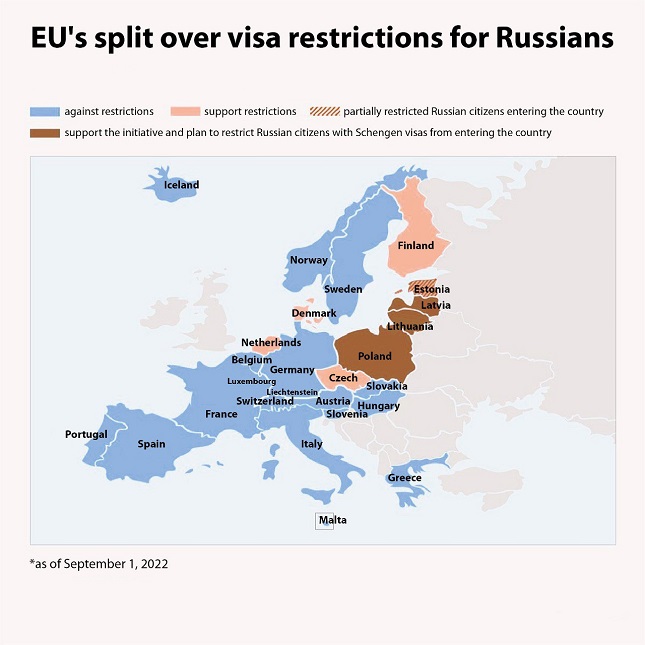
As a country that has traditionally paid great attention to its "soft power", the United States understands all of this. The White House does not support European visa restrictions for all Russians. National Security Council spokesman John Kirby said such measures are counterproductive.
